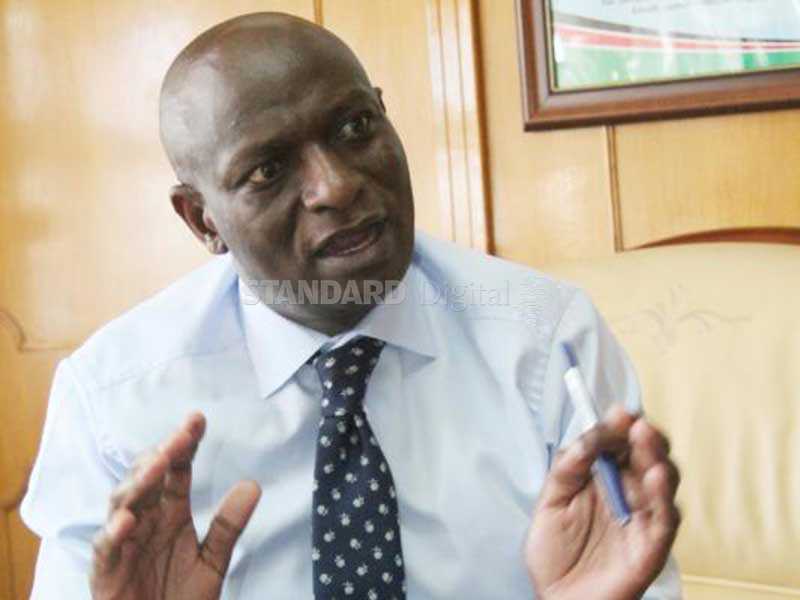×
The Standard e-Paper
Stay Informed, Even Offline

A proposed energy law has given immense powers to the Cabinet Secretary, some of which if exercised might result in further surge in power prices.
The Bill gives the CS lee way to make numerous decisions in the management of power resources without an obligation to consult other institutions under the ministry. The draft law went through a public participation phase last week and is due in the National Assembly for the second reading.